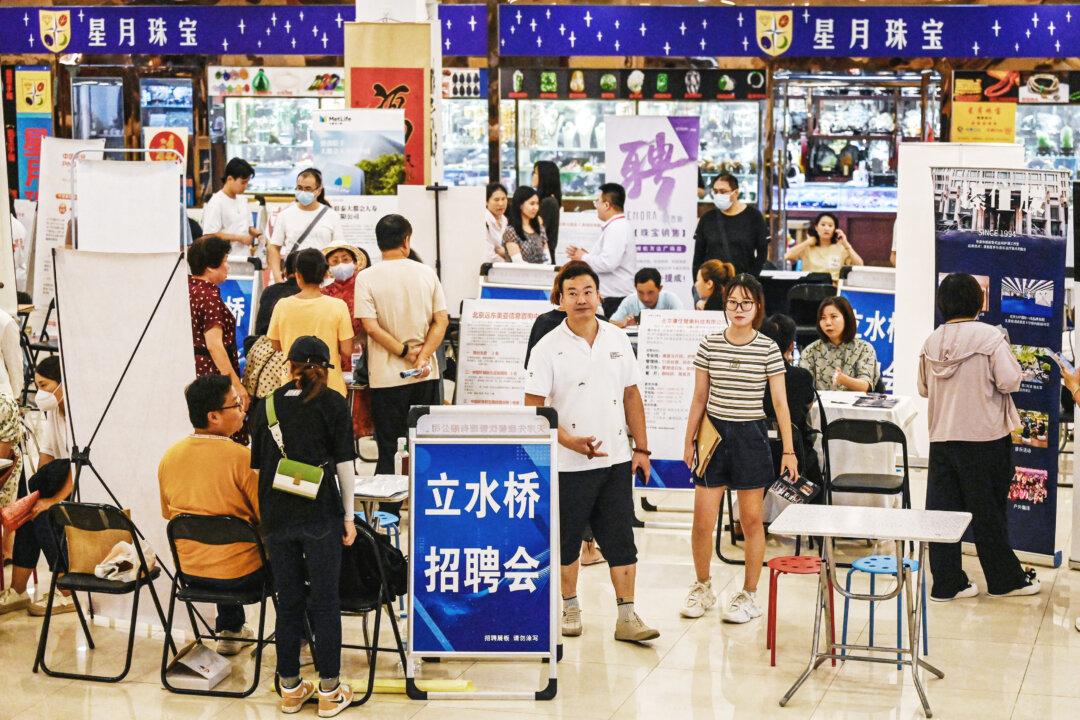According to the Financial Times, the head of the Confederation of British Industry (CBI) had revealed that thousands of British companies are planning to cut economic ties with China.
Tony Danker, Director-General of the CBI, said UK businesses expect relations between Beijing and the West to deteriorate further, with many British companies accelerating their efforts to shift business from China to other countries.

